The world’s view of America isn’t what it used to be.
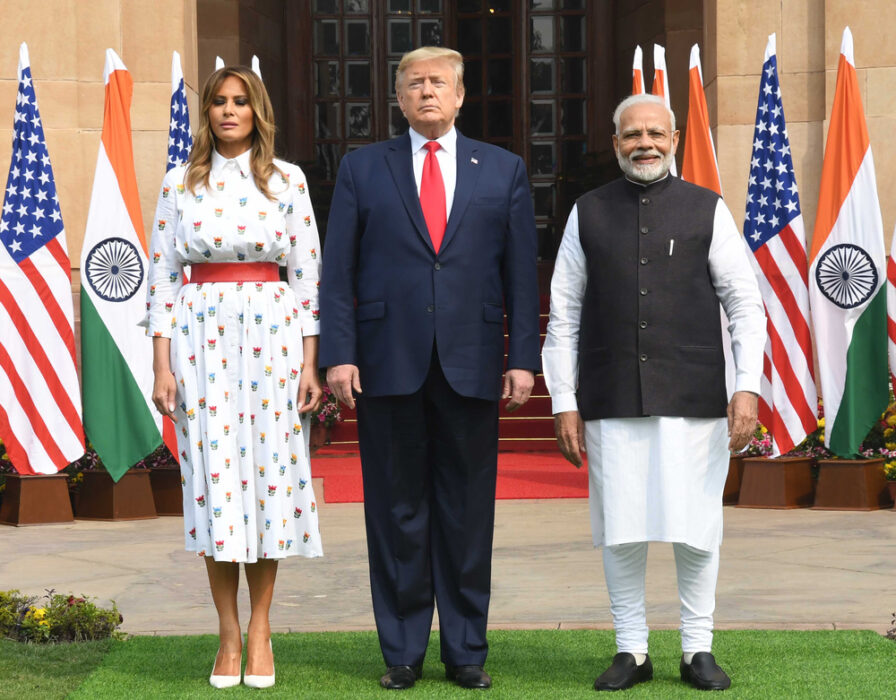
There was a time when the United States was widely admired across the globe—a symbol of freedom, opportunity, and innovation. Many countries once looked to the U.S. as a model of democracy, cultural influence, and economic power. American brands, movies, and ideals shaped global trends, and international relations were built on a foundation of respect. But things have changed.
In recent years, political decisions, foreign policy missteps, and cultural shifts have caused that admiration to erode. Many former allies now view the U.S. with skepticism, frustration, or outright distrust. Whether it’s the rise of nationalism, military interventions, or economic policies that put America first at the expense of others, the goodwill once extended to the U.S. is wearing thin. These nine countries were once among America’s biggest admirers, but today, their views are shifting in a very different direction.
1. Germany has grown frustrated with U.S. leadership and foreign policy.
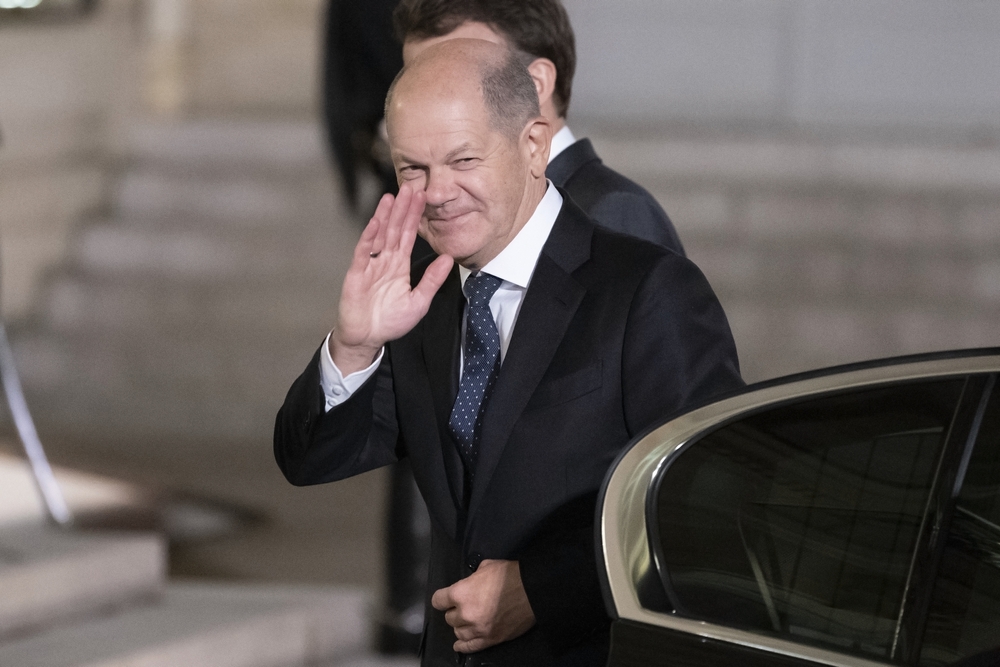
Germany once saw the U.S. as a key ally, especially after World War II, when American support helped rebuild the country. For decades, Germans admired America’s economic strength, cultural exports, and role in maintaining global stability. But in recent years, that admiration has faded, replaced by frustration with U.S. politics and foreign policy decisions.
The rift became especially pronounced during the Trump administration, which strained relations through trade disputes, criticism of NATO, and an “America First” approach that many Germans saw as abandoning international cooperation. Even after a change in leadership, tensions remain over issues like climate policy, military spending, and economic competition. While Germany and the U.S. still work together on global challenges, many Germans now see America as unreliable, prioritizing its own interests over those of its longtime allies, according to Katya Adler of the BBC.
2. France has lost respect due to cultural and political differences.
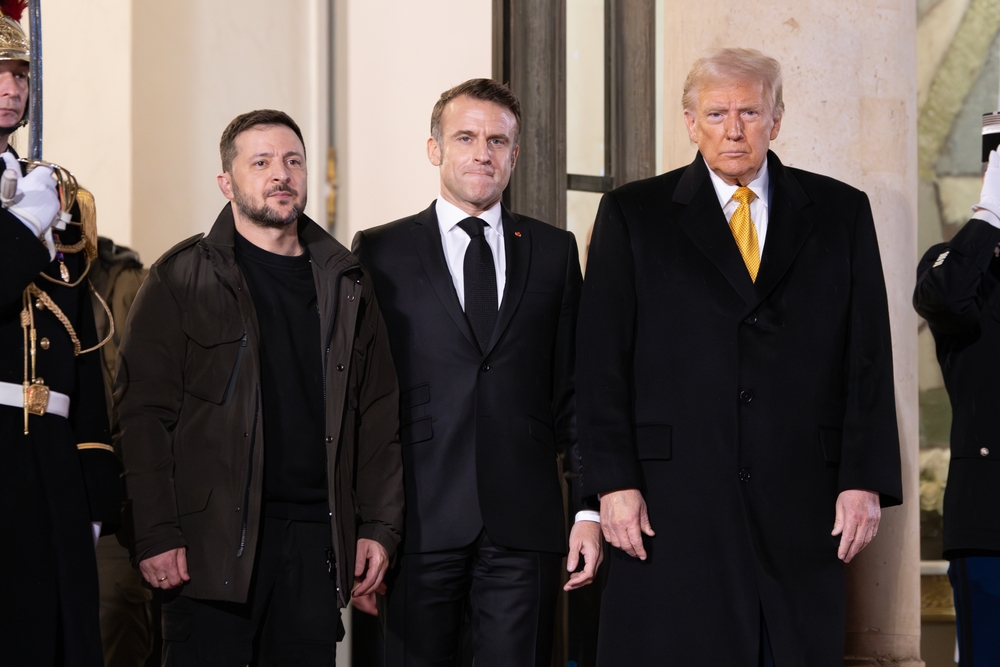
France has always had a complicated relationship with the U.S.—admiring its cultural influence but often clashing on political and diplomatic issues, as reported by A.J. Williams of Oxford Academic. While American music, movies, and tech still hold sway, many French citizens have grown increasingly disillusioned with the direction the U.S. is heading.
One major sticking point is the difference in social and political values. Many in France view the U.S. as deeply divided, overly individualistic, and struggling with issues like gun violence, healthcare access, and racial tensions. France has also been critical of U.S. foreign policy, particularly military interventions in the Middle East and the handling of international agreements like the Paris Climate Accord. While the French still recognize America’s global influence, admiration has been replaced with skepticism, and there’s a growing sentiment that the U.S. is no longer the beacon of progress it once was.
3. Canada’s trust in the U.S. has been shaken by trade disputes and political instability.
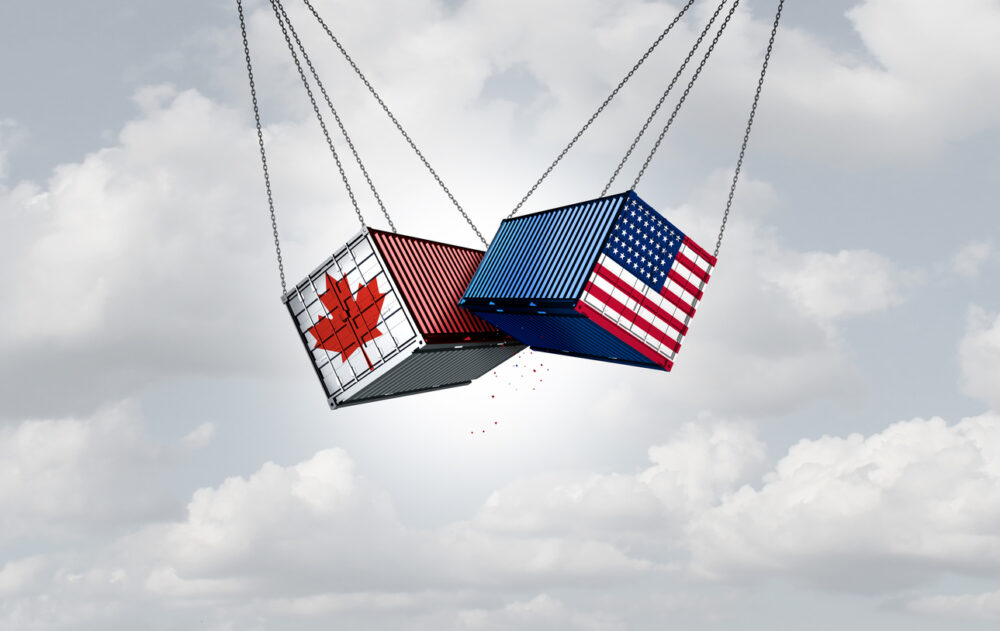
Canadians have long viewed the U.S. as both a close ally and an influential cultural force. The two countries share deep economic ties, and many aspects of American life—entertainment, business, and innovation—have been embraced north of the border. But in recent years, Canada’s perception of its southern neighbor has taken a hit, as reported by Charlotte Morabito of CNBC.
Trade disputes, particularly tariffs imposed on Canadian goods, have caused resentment, as have diplomatic tensions over key policies like environmental protections and defense spending. The increasing political polarization in the U.S., along with events like the storming of the Capitol on January 6, 2021, made many Canadians question the stability of American democracy. While the U.S. remains a powerful ally, trust has been shaken, and admiration has been replaced with concern about the unpredictability of its leadership.
4. Mexico is frustrated with immigration policies and American attitudes.
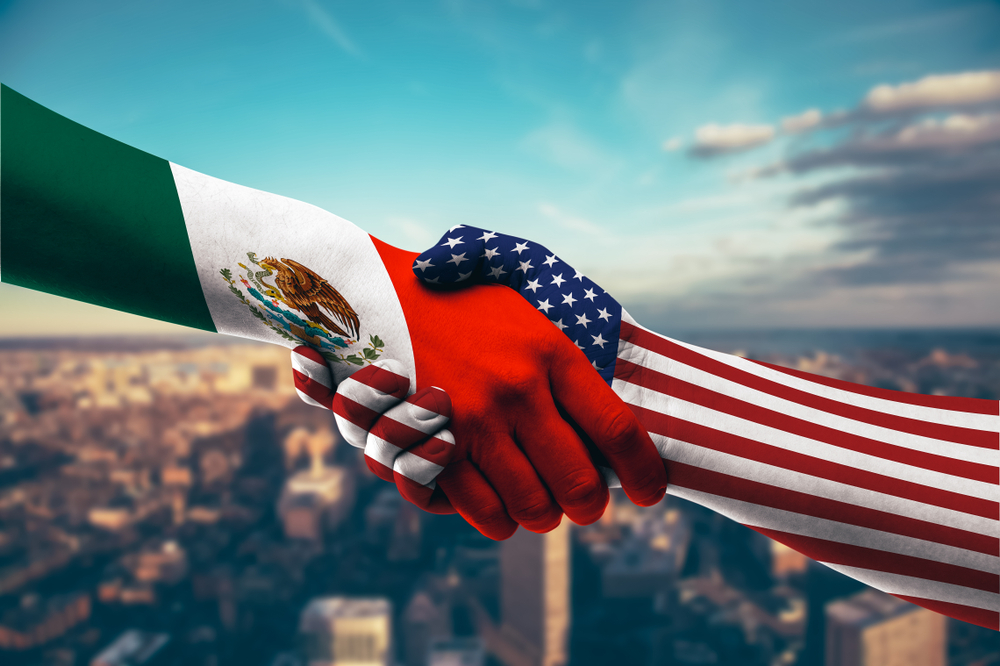
Mexico and the U.S. share deep economic, cultural, and familial ties, but the relationship has been tested by American immigration policies and shifting political rhetoric. While there was once a sense of mutual respect, many Mexicans now view the U.S. as dismissive and hostile toward its southern neighbor.
The construction of border walls, family separations, and harsh immigration enforcement have fueled resentment. Many Mexicans feel that the U.S. benefits from their labor and trade but treats them as second-class partners. Additionally, issues like drug-related violence—often fueled by American demand for narcotics—have led to frustration with U.S. policies that fail to address the root causes of these problems. While economic ties remain strong, goodwill toward the U.S. has faded, replaced by skepticism and frustration.
5. South Korea is reassessing its reliance on the U.S. for security.
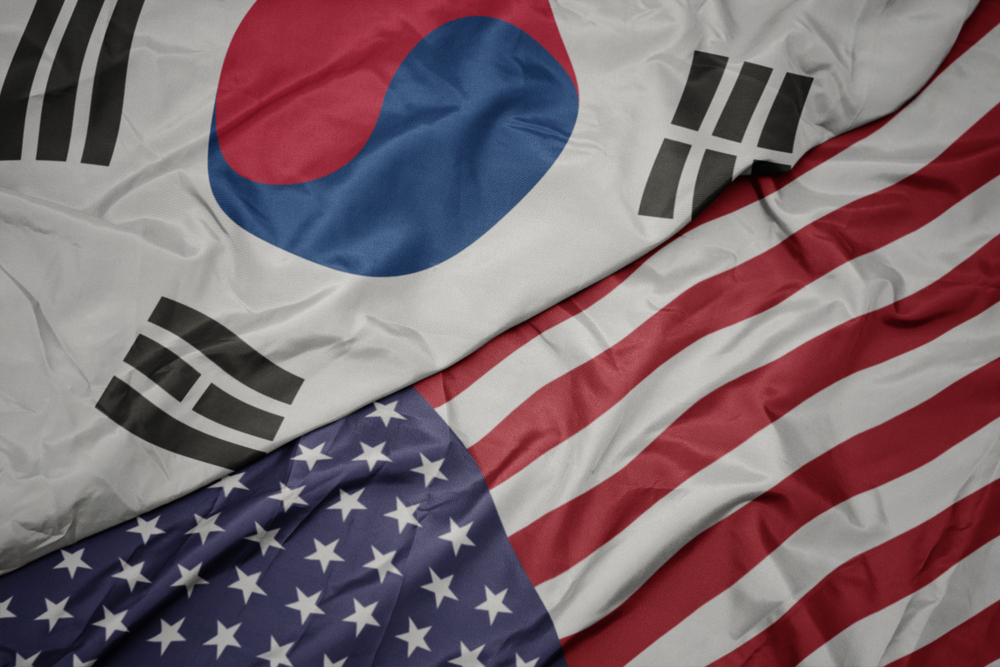
For decades, South Korea admired the U.S. for its role in defending the country against North Korean threats and fostering economic growth. American culture, from Hollywood to tech innovation, has also been widely embraced. But in recent years, South Korea’s view of the U.S. has shifted as the country seeks more independence in its foreign policy.
Tensions have grown over military agreements, with some South Koreans feeling that the U.S. treats them more as a strategic pawn than a true partner. Economic competition and differing views on handling China’s rise have also caused friction. While South Korea still values its alliance with the U.S., there’s a growing movement to strengthen ties with other global powers and reduce dependency on American military support.
6. Turkey has turned against the U.S. over military conflicts and political interference.
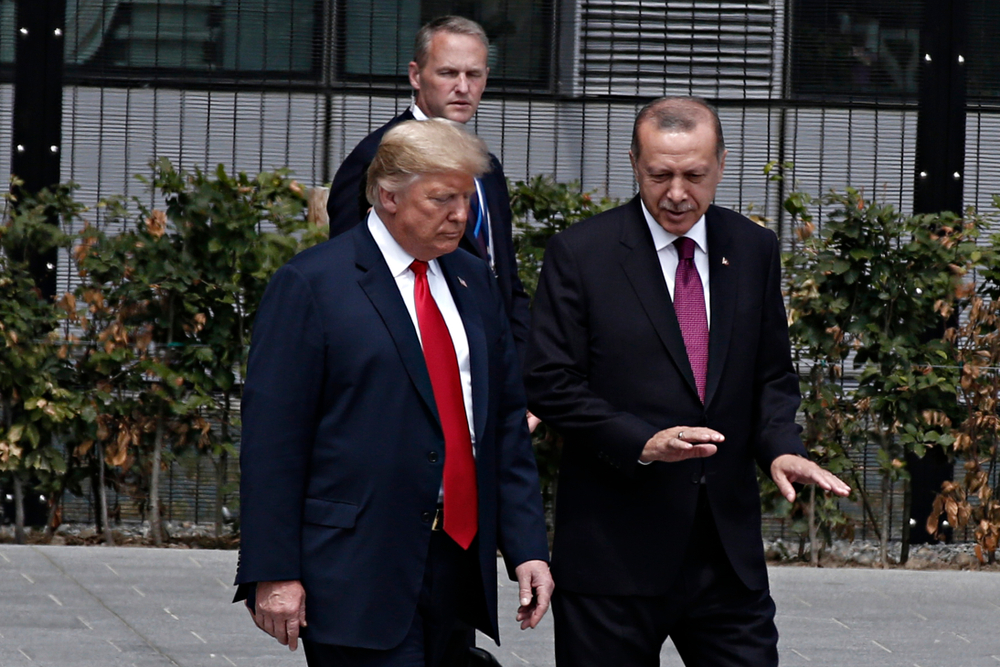
Turkey was once a strong U.S. ally, particularly within NATO, but relations have soured in recent years. American involvement in Middle Eastern conflicts, perceived support for Kurdish forces, and sanctions on Turkish officials have all contributed to rising anti-American sentiment.
Many Turks see the U.S. as meddling in their affairs, undermining Turkey’s regional influence while prioritizing its own strategic interests. The failed 2016 coup attempt, which some Turkish leaders accused the U.S. of indirectly supporting, further strained relations. While military and economic ties still exist, admiration has been replaced by suspicion, and Turkey has increasingly sought to align itself with other global powers like Russia and China.
7. Brazil’s view of the U.S. has shifted due to economic and environmental concerns.
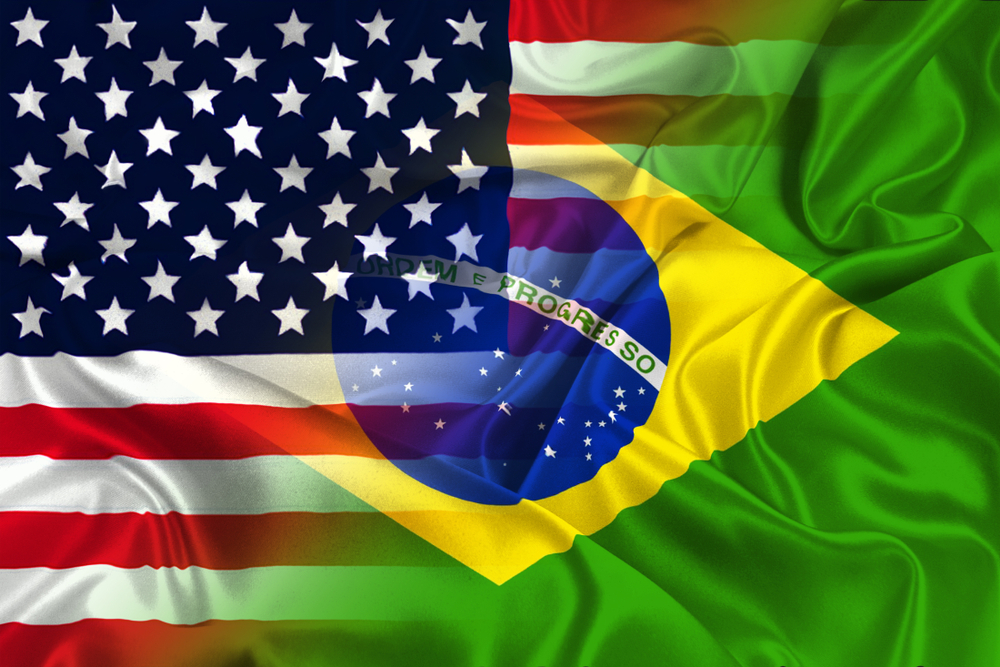
Brazil once looked to the U.S. as a model of economic success and political stability, but in recent years, tensions have grown over trade policies and environmental issues. Many Brazilians feel that the U.S. places its own economic interests above fair cooperation, particularly in trade agreements and agricultural policies that affect Brazilian exports.
Environmental concerns have also played a role in the changing perception. The U.S. has criticized Brazil’s handling of deforestation in the Amazon, while some Brazilians argue that American companies contribute to the problem through their demand for resources. As Brazil seeks to assert itself as a global power, admiration for the U.S. has been replaced with a sense of competition and frustration.
8. The Philippines is questioning its historical alliance with the U.S.

The Philippines has long had a complex relationship with the U.S., shaped by historical ties and military cooperation. American culture, from fast food to entertainment, has a strong presence, and the two countries have worked closely on security issues. But in recent years, political shifts and economic changes have led many Filipinos to question the benefits of their close relationship with the U.S.
Some view American involvement in the region as self-serving, prioritizing military strategy over genuine partnership. China’s growing influence in Southeast Asia has also led the Philippines to explore alternative alliances, reducing its reliance on U.S. support. While ties remain strong, admiration for the U.S. has diminished as Filipinos seek a more balanced approach to international relations.
9. India is distancing itself due to economic rivalry and shifting alliances.
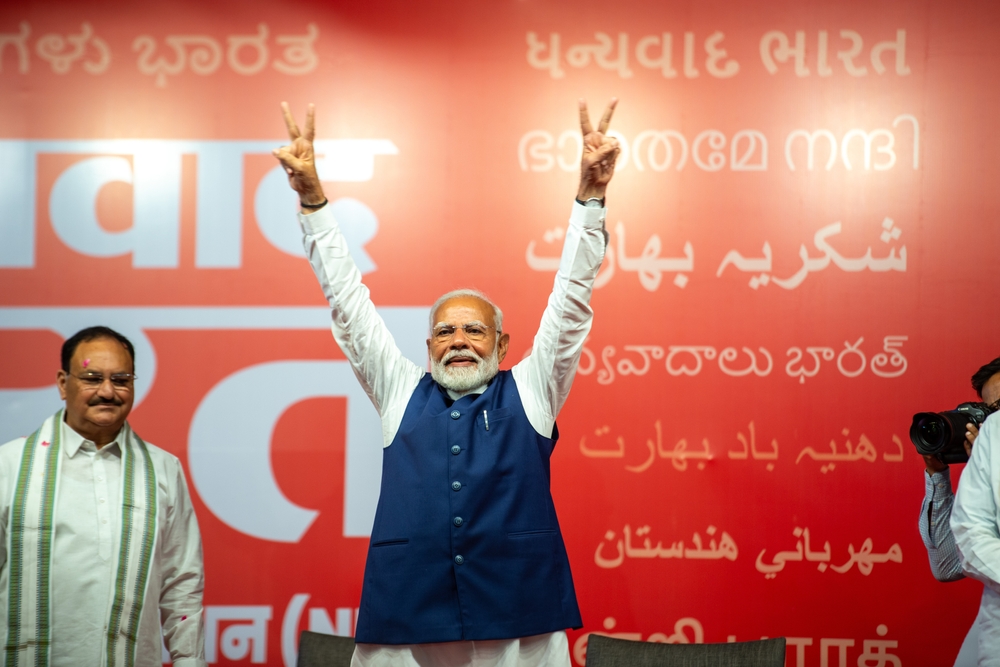
India once admired the U.S. for its technological advancements and democratic ideals, but economic competition and evolving global dynamics have caused tensions. While American companies still play a major role in India’s economy, there’s growing frustration with U.S. policies on trade, immigration, and military cooperation.
Many Indians see the U.S. as an unreliable partner, particularly in dealing with regional security challenges. The rise of India as a global power has also led to a push for more independent decision-making, rather than aligning too closely with American interests. While relations remain cooperative, India’s admiration for the U.S. has been replaced with a more cautious, strategic approach.
The world’s perception of America is changing, and the admiration once taken for granted is no longer universal. While the U.S. remains influential, these countries are proof that respect and trust must be continuously earned.
10. Pakistan is frustrated with U.S. foreign policy and security interventions.
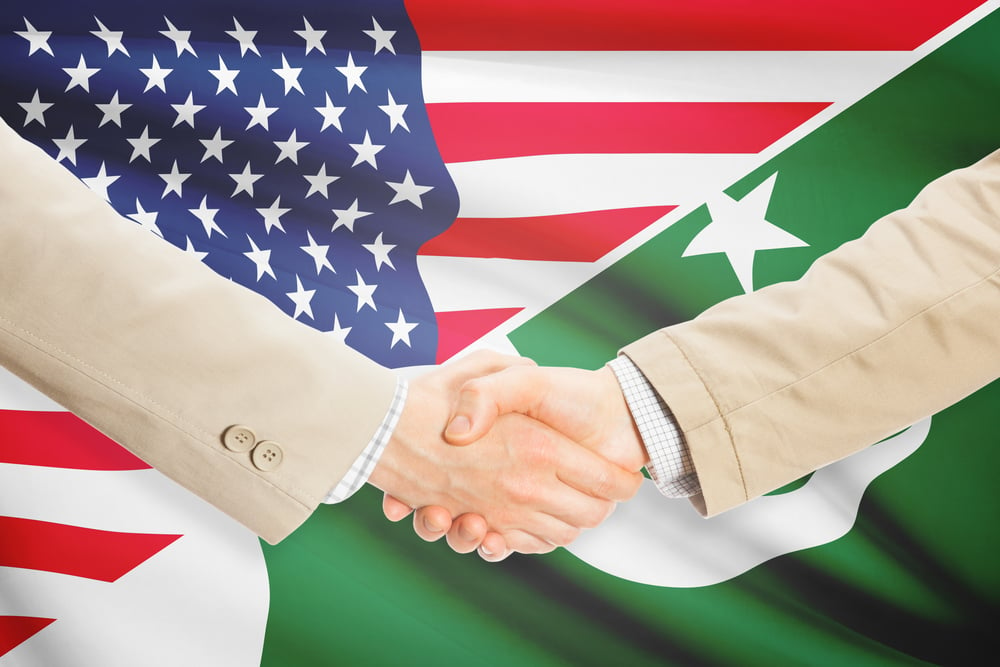
Pakistan once saw the U.S. as a key partner, particularly during the Cold War and in the fight against terrorism. American military aid and economic assistance helped strengthen ties between the two nations. However, growing mistrust over the years has soured relations, and many Pakistanis now view the U.S. with suspicion rather than admiration.
The U.S. drone strikes in Pakistan’s tribal areas, the killing of Osama bin Laden on Pakistani soil without prior notice to its government, and accusations of harboring terrorist groups have fueled resentment. Many Pakistanis feel that the U.S. uses their country as a pawn for its own strategic interests while offering little in return. Economic pressure and shifting alliances with China have further distanced Pakistan from the U.S., making admiration a thing of the past.
11. Tunisia has grown disillusioned with American democracy and diplomacy.
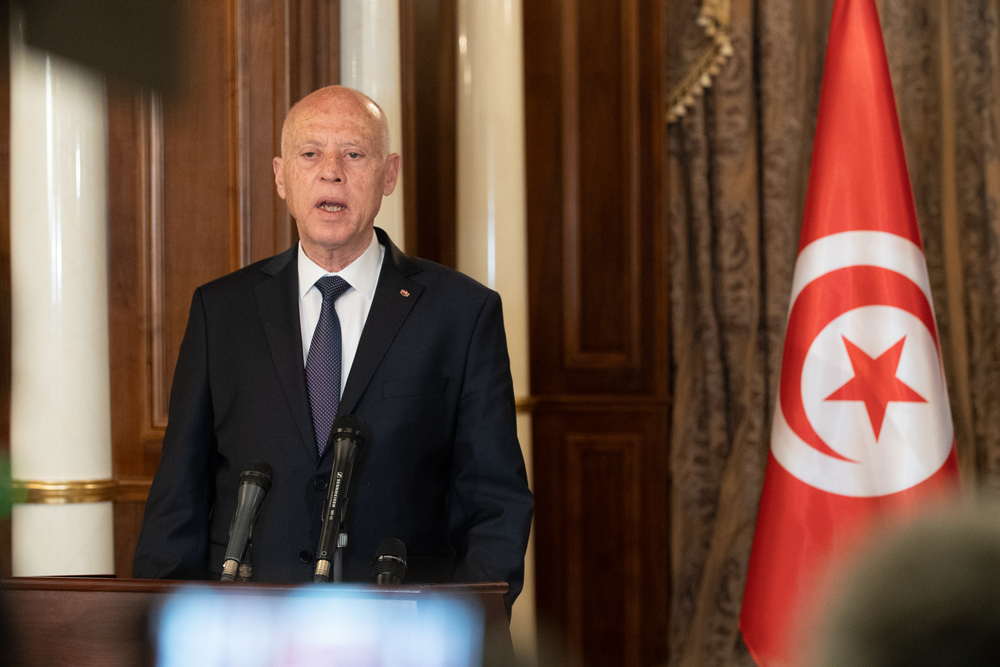
Tunisia was once seen as one of the few Arab nations that admired the U.S. for its democratic values and economic opportunities. After the Arab Spring, which Tunisia played a major role in, many citizens looked to the U.S. as a potential partner in building a stable democracy. But over the years, admiration has turned to disappointment.
Many Tunisians now see the U.S. as an unreliable ally, offering political rhetoric but little meaningful support for democratic development. Economic struggles and U.S. foreign policies that favor other regional powers over North African nations have left many feeling abandoned. Additionally, America’s inconsistent stance on authoritarianism—criticizing some regimes while supporting others—has eroded trust in its commitment to democracy. While Tunisia still engages with the U.S., the sense of admiration has faded, replaced by skepticism about American intentions.
12. Denmark is increasingly critical of U.S. policies and global actions.
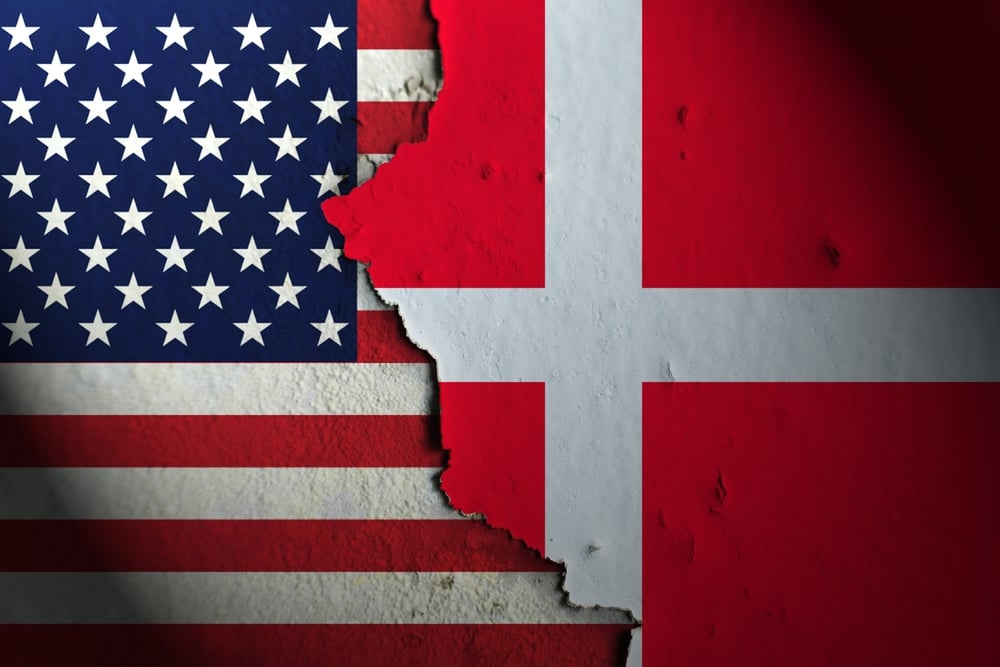
Denmark has long been a close ally of the U.S., sharing common values on democracy, human rights, and international cooperation. However, Danish perceptions of the U.S. have shifted in recent years due to political instability, military actions, and differing views on global issues like climate change and healthcare.
Many Danes see the U.S. as moving away from progressive ideals, particularly in areas like gun control, social equality, and environmental responsibility. America’s handling of global conflicts, its withdrawal from key international agreements, and the unpredictability of its leadership have further fueled Danish criticism. While Denmark still values its alliance with the U.S., admiration has been replaced by a more cautious and sometimes critical stance toward its policies.
13. South Africa resents America’s approach to global inequality and interventionism.
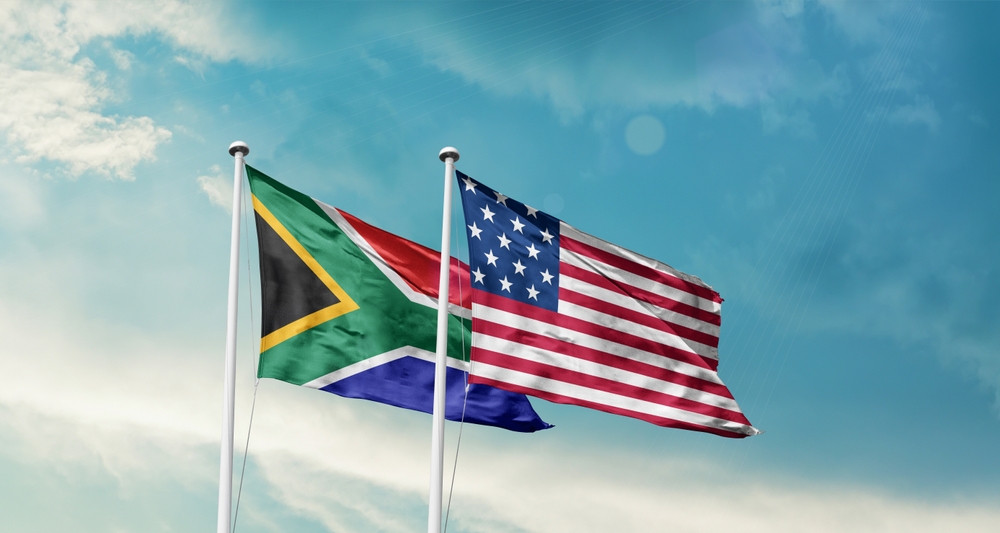
South Africa once viewed the U.S. as a champion of human rights and democracy, particularly during the fight against apartheid. American cultural influence remains strong, but in political and economic circles, admiration has faded.
Many South Africans see the U.S. as prioritizing its own interests at the expense of developing nations. Economic policies that benefit American corporations while limiting opportunities for African nations have led to growing frustration. Additionally, the U.S.’s military interventions and selective approach to human rights issues have created skepticism about its role as a global leader. South Africa is increasingly looking toward other global players, such as China and Russia, for trade and diplomatic partnerships, signaling a shift away from past admiration for the U.S.
